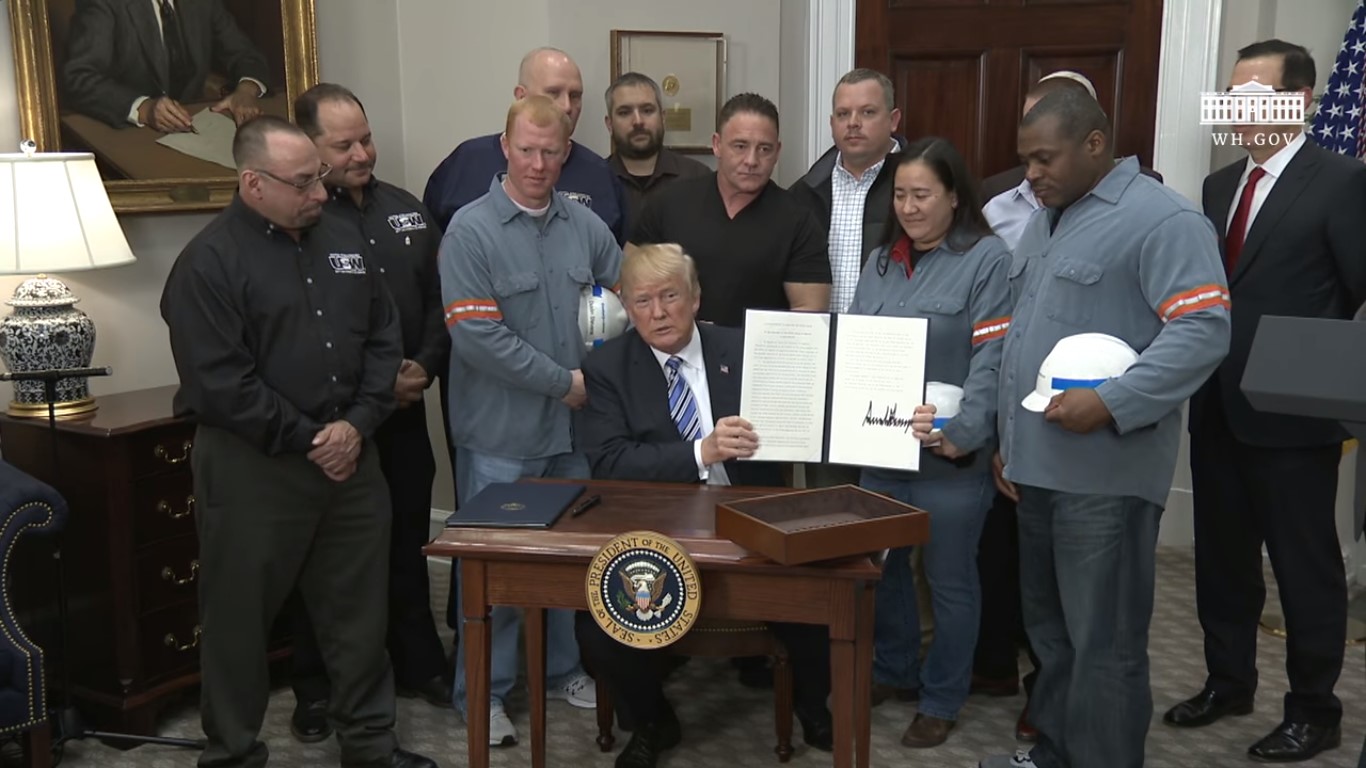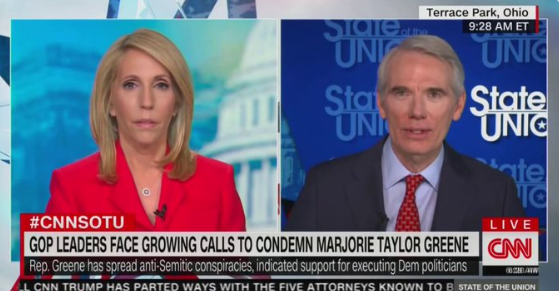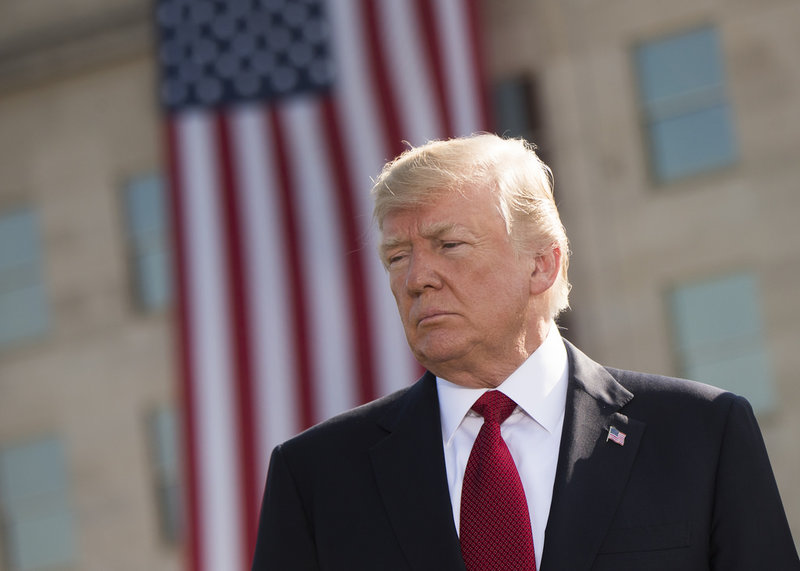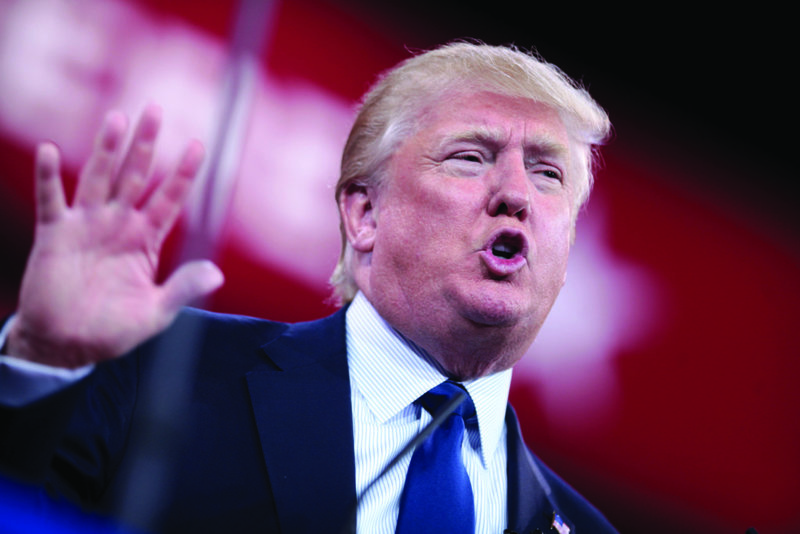Trump’s Tariffs Squashed 40 Years Of GOP Ideology

Trump’s tariffs on steel and aluminum are destructive ideas on how to help struggling American companies trying to compete in international trade. Not all protectionist policies are bad, however, tariffs, essentially, are welfare for failing businesses either unwilling or incapable of finding a way to earn higher profits and increase their market share. Tariffs are nothing more than an economic participation trophy rewarding failure.
For conservatives, who threw a tantrum of “socialist” name-calling when Obama merely gave loans to the big three US auto manufacturers and accused him of picking winners and losers and ruining capitalism forever, going along with Trump’s tariffs on the steel and aluminum industries is wildly hypocritical. And they’ve renounced 40 years of economic ideology for tariffs as dumb as everything else Trump does. The saddest part is that Republican leaders in Congress know the tariffs will not help the American economy.
First off, despite what Trump says about America getting “killed” in trade deficits, foreign tariffs are not destroying the aluminum and steel industries in America. If the international economy were actually levying tariffs on all kinds of American goods to maliciously hurt us, we could expect to see American companies in these industries enjoying robust domestic sales.
Instead, what we actually see is that American businesses that use steel and aluminum import it on a massive scale, most heavily from Canada, Brazil, and South Korea. International steel sources suggest that America’s domestic steel and aluminum industries are failing because they cannot produce these metals either in better quality or at a cheaper price than foreign companies can. Not only have foreign firms found ways to manufactures these materials cheaper, but they can also transport it across oceans and continents cheaper than American manufacturers can produce it and sell it down the street or the next state over.
Another problem for steel and aluminum industries in America is that steel and aluminum are raw materials that go into a plethora of other products. Unlike high, value-added products like computers, smartphones and cars, American companies cannot increase sales or market share by creating revolutionary new versions of steel and aluminum or revitalizing their brands with hip new marketing campaigns and funny Super Bowl ads. Because steel and aluminum are just simple raw materials, the only thing that matters for buyers is the quality and price. Therefore, the only real way to revitalize these industries is if American companies can find a better and/or cheaper way to manufacture steel and aluminum, which Trump’s blanket tariffs on foreign steel and aluminum do nothing to encourage. He’s merely raising the price of all foreign steel and aluminum, so that our uncompetitive steel and aluminum doesn’t have to bother competing at all. These tariffs will be little more than a corporate “safe space.” The only economic motivation for tariff-protected industries is to continue lobbying the government to protect them from increasingly better international companies and products.
Strangely, for the political party that constantly decries anything that hints at socialism or big government intervention, Republicans in Congress are placating Trump and are not energetically resisting market manipulation or the creation of an unfair economic playing field. Trump’s tariffs are pretty much the antithesis of traditional Republican ideologies on capitalism. Quite the irony.
Another important thing to note is that Trump’s tariffs will be terrible for consumers. American companies that use steel and aluminum will have two choices: switch to American made steel and aluminum—which costs more than foreign steel and aluminum—or pay extra for the higher taxed foreign steel and aluminum. Regardless, American companies will merely pass the extra costs to American consumers, who will pay more for every product that uses steel or aluminum. These higher costs are basically a tax on American consumers that pointlessly wastes our money.
On top of that, more expensive raw materials will make other American companies’ value-added products both more expensive and more difficult to export to other countries, which will further increase our trade deficits with other countries. It doesn’t take an economist to understand that this will hurt American businesses’ profits and affect their ability to pay higher salaries and hire more American workers. If exports go down, profits follow, and fewer jobs will be created, and wages and salaries will go down, all while American consumers personally pay more for anything with aluminum or steel. It’s lose-lose for Americans, and our general standard of living will decrease because the tariffs will shorten how far our dollars go.
Trump’s tariffs are such a bad idea that his top economic adviser Gary Cohn quit in protest. In contrast, Trump’s Commerce Secretary Wilbur Ross recently took to cable news to play defense. He reasoned that the tariffs would only raise the cost of a can of soup by .6 of a penny, but imagine how many hundreds of billions of cans of soup, fruit, vegetables, soda, beer, etc. are sold every day, every month, and every year. Giant companies mass-producing steel and aluminum products will suddenly be spending millions of dollars extra on bulk purchases of their raw steel and aluminum. That’s a lot of money for Trump to throw away with an impulsive tariff.
On top of all of this, Trump putting up trade barriers on foreign goods will severely piss off our friends, allies, and closest trading partners. All trade barriers hurt producers and consumers alike, and create un-capitalist swamps of failing businesses being propped up by direct government manipulation of the economy. This is unfair to other American industries that find a way to compete and prosper in the global free market, and the inevitability is that foreign governments will retaliate with their own counter-tariffs and trade barriers, which global trade partners like Canada, China and the European Union are already working to implement.
To end, it is relevant to note that American tariffs on foreign imports and the resulting global trade war that followed were a major catalyst of the Great Depression.






